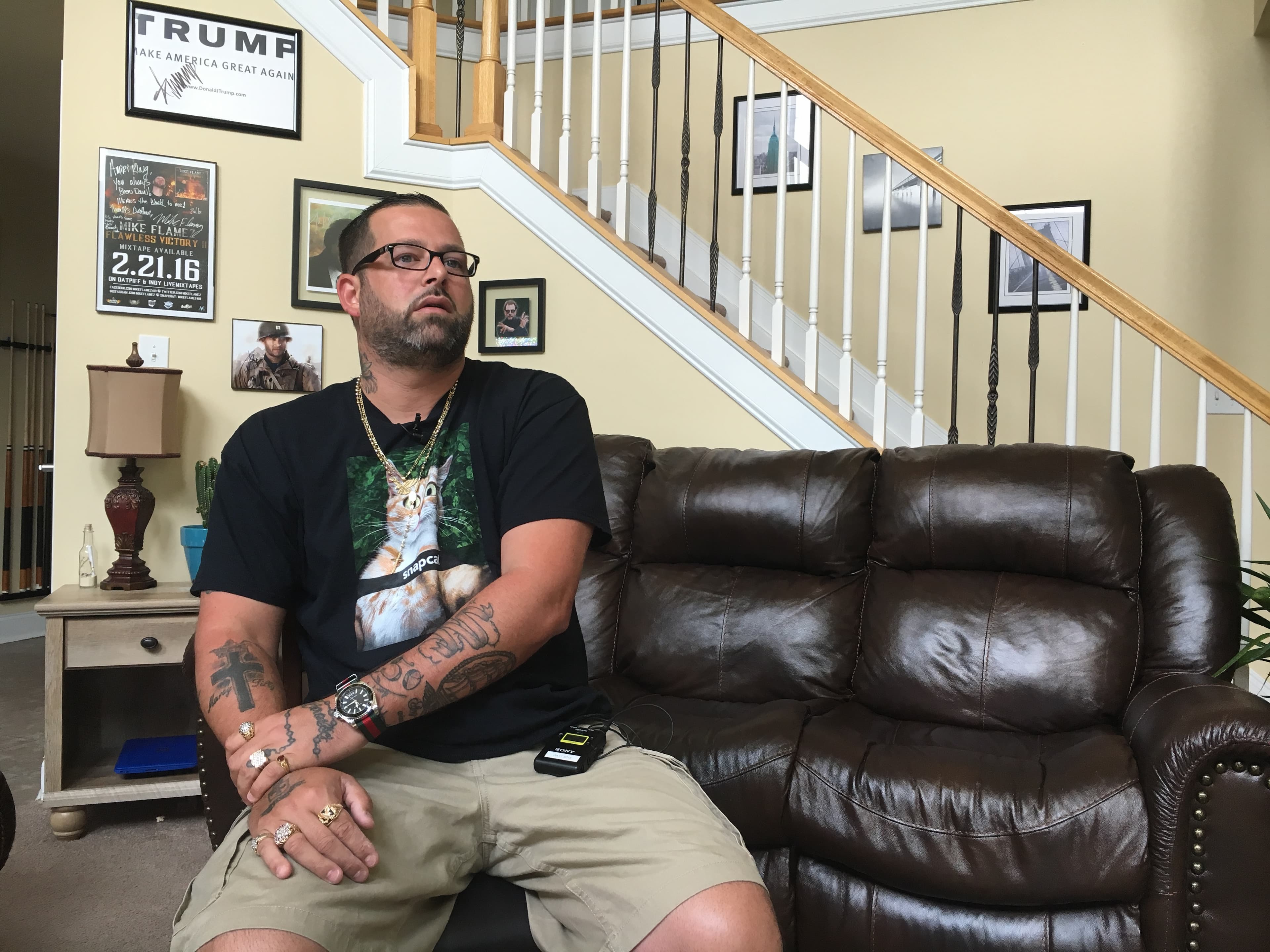Amiri King's Observations on Crisis Calls During Police Encounters Highlight Gendered Support

Social media personality and comedian Amiri King recently sparked discussion with a tweet detailing his observations on individuals' behavior during police altercations, particularly noting a pattern in who they contact for support. King's commentary highlighted actions such as breaking the law, arguing loudly, resisting, becoming combative, and running. He specifically pointed out, "> "They claim to be afraid of the police yet they always: • break the law • argue loudly • resist • become combative • run Also, I’ve noticed that they always call their moms. I’ve never seen a police altercation where they call their fathers. Very telling."
Amiri King, a prominent cultural commentator and YouTuber, often shares his perspectives on societal issues, frequently aligning with a pro-law enforcement stance. His background, which includes a past conviction, provides a unique lens through which he observes and comments on police-citizen interactions. This personal history and public persona lend a specific context to his recent remarks.
The behaviors King describes, such as resistance and combative actions, are complex aspects of police encounters often studied in the context of de-escalation and use of force. While specific, comprehensive statistics directly quantifying "arguing loudly" or "becoming combative" across all police interactions are not widely available, research by the Bureau of Justice Statistics indicates that a small percentage of police-public contacts involve the use or threat of force, suggesting that such escalations are not universal.
King's most particular observation centers on individuals consistently calling their mothers rather than fathers during these high-stress situations. While direct sociological or psychological studies specifically comparing calls to mothers versus fathers during police altercations are not readily documented, general crisis psychology suggests individuals often seek comfort and primary attachment figures in moments of extreme distress. Mothers are frequently perceived as key emotional support providers, which may align with King's anecdotal finding.
The comedian's tweet has ignited further conversation across social media platforms, contributing to the ongoing public discourse surrounding citizen conduct during encounters with law enforcement. His anecdotal insights, grounded in his personal observations, add a distinctive voice to the broader discussion on police-citizen relations and crisis response behaviors.